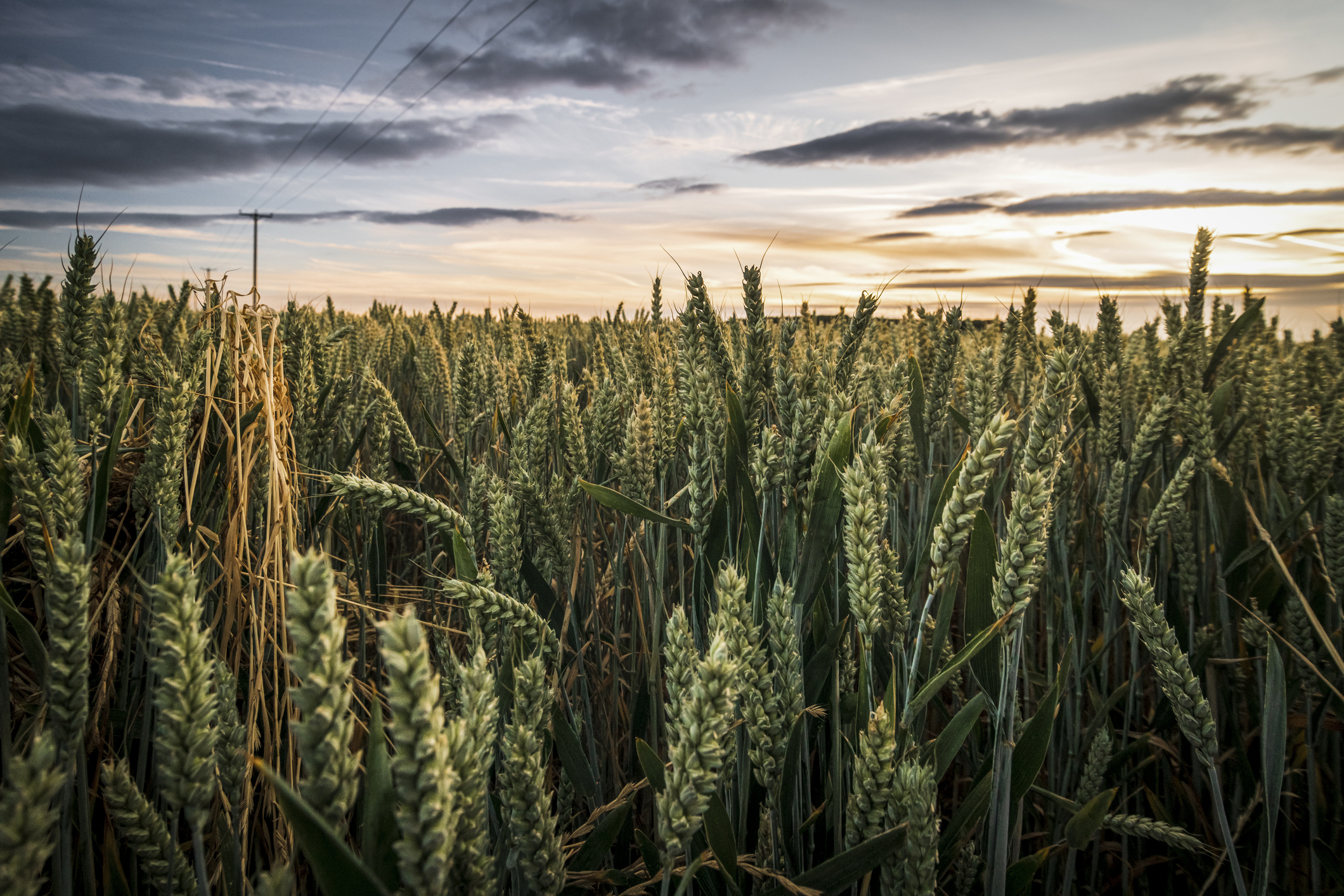M&A in Agriculture: A Q&A with Lewis & Clark’s Tim Hassler
Agriculture has a long road to M&A growth, according to Lewis & Clark Partners Operating Partner Tim Hassler. He answers questions about tech innovation and dealmaking opportunity in a space facing plenty of headwinds.

As one of the oldest industries on the planet, agriculture is rarely considered a tech-forward sector. Yet ag is in the midst of an innovation boom: Emerging trends like vertical farming, which involves the vertical growing of crops indoors within highly controlled environments; regenerative agriculture, which aims to replenish the health of the soil after cultivation; and precision agriculture, which involves the use of Big Data and artificial intelligence to optimize crop production, are evidence agriculture has entered the digital age.
While these innovations are fueling growth for the ag sector (the U.S. Department of Agriculture expects U.S. farm income to grow 26.4% year-over-year in 2025, reaching $180.1 billion), industry experts and dealmakers are showing greater concern for a growing list of market headwinds.
Immigration, global tariffs and trade regulations have heightened uncertainty for the agriculture space, while a shrinking farm workforce is adding pressure on the space, too.
Speaking with Middle Market Growth, Tim Hassler, operating partner at agriculture-focused investor Lewis & Clark Partners, offered insights into emerging, tech-powered niches within agriculture that dealmakers should be paying close attention to. Plus, he shares his cautious outlook for ag-focused M&A.
Join us for the 2025 ACG Ag Conference: Field to Processor
Join ACG on October 6-7 for the 2025 Ag Conference, a two-day event in St. Louis that will explore opportunities across the agriculture supply chain, from field to processor. Attendees will leave the Ag Conference with a deeper understanding of investment opportunities within agriculture, along with new business connections and sources of deal flow.
Middle Market Growth: Tell me about Lewis & Clark’s investment thesis.
Tim Hassler: Lewis & Clark Partners is a late-stage venture and growth investor dedicated to the food and ag industries. We focus on five primary verticals: plant science and technology; animal health and nutrition; supply chain management; food and food technology; and advanced materials. Within each vertical, there are many subcategories that we target for investment. We generally focus on companies with technological moats that are generating revenue and looking to scale.
MMG: What are some subcategories within agriculture that are particularly interesting to you from an M&A perspective?
TH: In general, companies that help reduce labor needs/costs or overall production costs or help make products or operations more efficient are interesting from an investment and M&A perspective. Some specific examples include robotics/automation, antibiotic replacements and data analytics; microbiome/food-as-medicine; waste-to-value and genomics/metabolomics.
MMG: Sustainability is a big focus for agriculture innovators, particularly in niches like regenerative agriculture. Is there an opportunity for investors there, even if they don’t consider themselves impact investors? What do the economics of sustainably-focused ag businesses look like these days?
TH: In some respects, sustainability in food and ag has become “table stakes” for many companies to participate in the space. However, we have generally seen that sustainability alone isn’t sufficient on its own to be successful. A company’s product or service still needs to be higher quality, lower cost or more efficient (or some combination of the three) to be competitive. If a company only has a sustainability story without any of the above attributes, it will likely be unsuccessful unless they can charge a meaningful premium in the market, compared to the cost of the product.
In some respects, sustainability in food and ag has become “table stakes” for many companies to participate in the space. However, we have generally seen that sustainability alone isn’t sufficient on its own to be successful.
Tim Hassler
Lewis & Clark Partners
MMG: Technology like AI is another hot topic in agriculture, especially in areas like precision farming, ag-related biotech and the supply chain. What kinds of technologies have you seen present interesting use cases within agriculture?
TH: AI use cases for food and agriculture are growing but are still somewhat nascent. We’ve seen good use cases in biotech, animal drug discovery, ingredient discovery, software and some precision farming technologies. However, most company pitch-decks will include at least some usage of AI in their business, whether it’s a meaningful contributor to their company or not.
MMG: What is your outlook for ag M&A through the rest of 2025 and into 2026?
TH: Cautious. Most M&A activity in ag today seems to be around distressed assets, or forced sales at low prices. With the significant decline in venture funding in food and ag, and the macroeconomic environment being uncertain (especially regarding impacts from tariffs), we do not see the ag M&A market improving significantly for some time.
MMG: What are some of the biggest headwinds the industry is facing?
TH: Labor issues, commodity prices vs. input costs, tariffs, economic uncertainty, significant decline in venture capital funding, lack of meaningful exits in the space and long sales cycles/product adoption.
This interview has been edited for clarity.
Carolyn Vallejo is ACG’s Senior Editor.
Middle Market Growth is produced by the Association for Corporate Growth. To learn more about the organization and how to become a member, visit www.acg.org.


